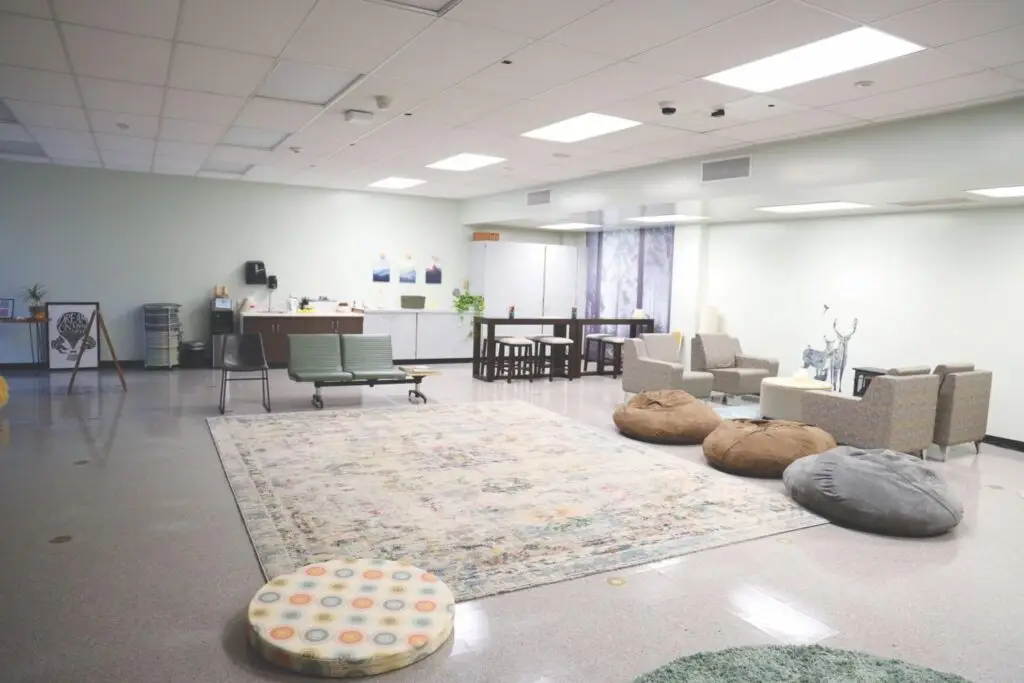On Oct. 8, the Glendale Unified School District (GUSD) Board of Education held a meeting to review the latest advancements in its wellness and mental health service initiatives, announcing new resources to enhance student support.
Among the updates is an expansion of GUSD’s “Bridge to Belonging” program, a fresh substance abuse prevention initiative, and the addition of a social media education curriculum spanning all grade levels. Interim Director of Student Wellness Services, Narineh Khemichian, presented a detailed overview of GUSD’s support system, including new digital wellness lessons scheduled to be introduced in November.
For students in grades three through twelve, the curriculum developed by Pixel Health will cover critical topics such as cyberbullying, social comparison, misinformation, and problematic social media behaviors. Younger students, from kindergarten through second grade, will engage with age-appropriate content created by the Wellness Services department. Khemichian noted that a parent training session on social media effects and screen time is planned for Nov. 19 to further support families.
To assist new immigrant students with adapting to the U.S. school system, GUSD’s Student Wellness Services collaborated with the Equity Access and Family Engagement Department to add parent workshops to the “Bridge to Belonging” program, facilitated by a licensed marriage and family therapist.
All high schools, middle schools, and some elementary schools within GUSD have designated wellness centers that provide counseling, support groups, social activities, peer mediation, and stress management options. Hoover High School’s wellness center offers an alternative to suspension, focusing on rehabilitation and engagement. Khemichian mentioned that the centers’ functions vary based on staffing and each school’s needs.
Board President Shant Sahakian highlighted the community’s appreciation of the wellness centers, recognizing them as a supportive, multi-functional space for students to recharge. “Many students find it a place to unwind from the regular classroom routine,” he commented, noting that the district is also expanding the centers’ accessibility to families.
Substance Abuse Intervention and Prevention
With an increasing focus on addressing the impacts of the fentanyl crisis, GUSD’s Wellness Services aims to improve substance abuse education and intervention efforts. Khemichian shared that a new program with Tarzana Treatment Centers brings substance use disorder counselors to Crescenta Valley, Daily, Glendale, and Hoover high schools once a week. This initiative centers on providing therapeutic support instead of punishment for substance abuse cases, especially when addiction is involved.
Additionally, the “Future Leaders” program from Tarzana Treatment Centers will conduct ten group counseling sessions for at-risk students at Crescenta Valley and Hoover high schools. Glendale Police Department’s “Substance Abuse and Wellness Resource Program” further supports at-risk Daily High School students through group sessions. A parent information session will take place on Oct. 23 at 6 p.m., featuring the GPD narcotics division.
GUSD also collaborated with GPD on the rebranded “Youth Empowerment Program,” previously known as “Teens and Police Partnership Program.” This program runs six sessions per year, focusing on youth mental health, healthy communication, and positive coping skills for eighth to twelfth graders and their parents.
Assistant Superintendent of Educational Services, Kelly King, explained that students disciplined for drug possession are frequently referred to support services rather than facing suspension, aiming for rehabilitation over punitive measures.
Addressing student attendance, Khemichian emphasized the importance of distinguishing between truancy and mental health-related absences. The district will conduct home visits led by a GUSD staff member and a psychological service provider to assess and develop action plans for students with mental health challenges impacting attendance.
The “Program for Students Experiencing Homelessness and Foster Youth” currently aids 61 unhoused students, 37 foster children, and 104 families facing financial challenges, offering resources like food, school supplies, and case management.
To date in the 2024-25 school year, GUSD has referred 613 students to counseling services, with further growth anticipated. Superintendent Darneika Watson highlighted a notable increase in suicide risk and threat assessments since 2018, with 162 more assessments and 49 fewer hospitalizations in that period, which she attributes to comprehensive intervention efforts.
Board Clerk Kathleen Cross stressed the value of empowering students to advocate for themselves and use available resources, highlighting the importance of teacher training on these issues.
“I believe these resources are invaluable. Educating our staff in mental health support is crucial since not everyone has this background,” Cross remarked, expressing the hope that these efforts will positively impact all students.







